Role
Knowledge Management Lead

Defined
The Knowledge Lead leads the creation, dissemination, and management of knowledge within the organization.
Challenges and Opportunities
In your role, what are the most critical challenges and opportunities? Looking across the agency, what capabilities are required to successfully take them on? How can you help build the necessary capabilities? The first step is to understand these challenges and opportunities in terms of the major change forces that are driving them.
| Change Forces | Challenge/Opportunity | Your Responsibility |
|---|---|---|
| Technology Advancement | New technology like connected and autonomous vehicles, unmanned aerial vehicles, and machine learning impacts the types of knowledge needed by the organization. | Aligning Skills to Needs. Understand the likely future needs of your organization over the next 5-10 years and help to develop a strategy for building new knowledge – through partnerships, workforce development or recruiting efforts. |
| Legislation, Regulation, and Funding | Budget cuts may threaten KM initiatives and continuity in the organization | Aligning Skills to Needs. Facilitate the agency’s response to new requirements to rapidly tap into available expertise. |
| Workforce Evolution | New technology like AI, CAVs, and machine learning impacts the types of knowledge needed by the agency | Aligning Skills to Needs, Technology Adoption. Leverage the skills of early-career employees to move the organization forward with respect to use of technology. Advance collaboration and knowledge capture techniques to minimize knowledge loss associated with employee turnover. |
| Shift in Role and Focus | Construction, maintenance, materials, policy and planning are all functional areas where KM is needed | Aligning Skills to Needs, Operations Focus. Work to enhance the agency’s knowledge base in these areas, facilitate opportunities for employees to learn from both internal and external experts. |
| Public Expectations | As new skillsets are needed by the agency, KM resources can help find and disseminate that information | Aligning Skills to Needs, Transparency. Facilitate mentoring or shadowing opportunities to strengthen communication and collaboration skills. Work to improve content management practices and search capabilities to reduce time requirements associated with public information requests. |
Strategies and Resources
What strategies can you apply now to meet today’s challenges and prepare for future opportunities? What resources are available to help support these efforts?
Where to Begin
- Review relevant knowledge management guidance documents
- Make contact with knowledge management leads in other DOTs to get ideas and guidance on successful practices
- Conduct a risk assessment to identify the most pressing concerns to be addressed
- Interview agency managers to understand emerging skills gaps (in collaboration with HR leads)
- Identify existing knowledge management initiatives in the agency that may not be explicitly called “knowledge management”
- Create an implementation plan to address key risks
Strategies
- Knowledge Audits - to understand existing workforce skills and abilities
- Communities of Practice - to share knowledge and develop new practices required to respond effectively to change forces
- Reverse Mentoring - to enable newer, more “tech savvy” employees to share their knowledge with employees who are not as comfortable with technology
- Knowledge Bases - to gather guidance and examples of successful practices at other organizations that would help the agency to implement changes.
- Expertise Directories - to facilitate connections to employees and outside experts with specialized expertise.
Resources
- TRB Knowledge Management Committee website
http://trbkm.org/ - AASHTO Committee on Knowledge Management
Includes contacts, information about recent Agency Administration Conference, resources and a forum
https://km.transportation.org - NCHRP Project 20-68A, Scan 12-04 Advances in Transportation Agency Knowledge Management (2014)
This report summarizes the findings from a scan workshop of Knowledge Management (KM) within transportation agencies and other organizations. The scan sought to identify and document successful KM practices and identify additional needs to advance KM in transportation agencies. A scan team consisting of state Departments of Transportation (DOTs) and USDOT administration staff guided the scan and develop findings, recommendations, and implementation actions.
http://onlinepubs.trb.org/onlinepubs/nchrp/docs/nchrp20-68a_12-04.pdf - NCHRP Report 813 A Guide to Agency-Wide Knowledge Management for State Departments of Transportation (2015)
TRB's NCHRP 20-98, Report 813: A Guide to Agency-Wide Knowledge Management for State Departments of Transportation presents guidance for state transportation agencies on how to adopt knowledge management (KM) strategies and how organizations have implemented such strategies. The goal of this research was to develop a guide to the fundamentals of agency-wide knowledge management for state departments of transportation (DOTs). The guide seeks to inform state DOT leadership and staff on the benefits of KM and how to apply KM in their agencies.
http://www.trb.org/Publications/Blurbs/173082.aspx - TCRP Research Report 194 Knowledge Management Resource to Support Strategic Workforce Development for Transit Agencies
This report explores the importance of knowledge management (KM), which is an organization’s process for collecting, storing, and sharing organizational information and knowledge, and provides guidance on implementing KM strategies in transit agencies. In addition, the guidance includes action plans for developing particular aspects of KM, analysis of KM strategies at several transit agencies, and a catalog of KM technology tools and resources.
http://www.trb.org/main/blurbs/176944.aspx